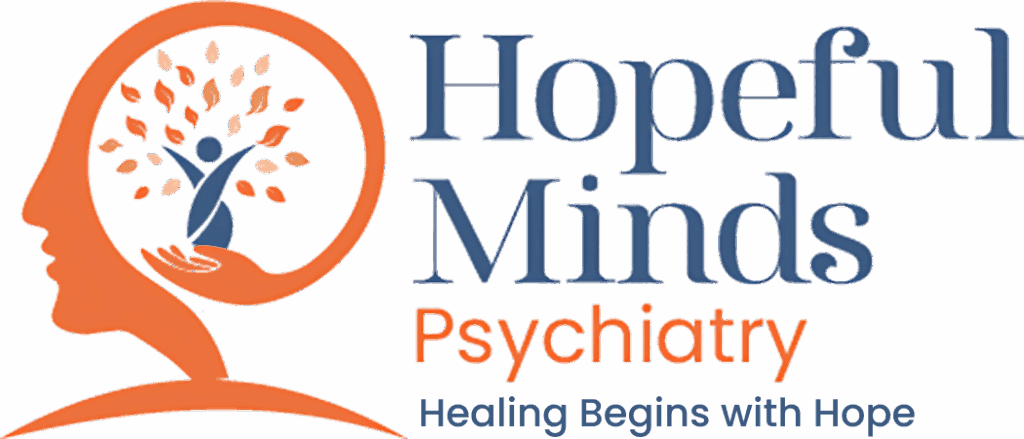You’re Not Alone in This Journey
Depression is more than just sadness—it’s a complex mental health condition that affects millions of people worldwide. On this page, you’ll find information, tools, and resources to better understand depression and take the first steps toward recovery.
What is Depression?
Depression, also known as major depressive disorder, is a mental health condition characterized by persistent feelings of sadness, hopelessness, and a lack of interest or pleasure in daily activities. It can impact your thoughts, emotions, and physical well-being.
Common symptoms include:
- Feelings of emptiness or worthlessness
- Fatigue or lack of energy
- Changes in sleep patterns (insomnia or excessive sleeping)
- Difficulty concentrating or making decisions
- Appetite changes leading to weight loss or gain
- Thoughts of self-harm or suicide
Types of Depression
- Major Depressive Disorder (MDD): Intense episodes of depression lasting two weeks or longer.
- Persistent Depressive Disorder (PDD): Long-term, chronic depression lasting for years.
- Seasonal Affective Disorder (SAD): Depression that occurs during specific seasons, usually winter.
- Postpartum Depression: Depression following childbirth.
- Bipolar Disorder Depression: Periods of depressive episodes alternating with manic phases.
Causes and Risk Factors
While the exact causes can vary, common factors include:
- Biological Factors: Brain chemistry and hormonal imbalances.
- Genetics: A family history of depression can increase risk.
- Trauma or Stress: Life events such as grief, abuse, or financial problems.
- Chronic Illnesses: Conditions like heart disease or diabetes.
- Lifestyle Factors: Lack of physical activity or poor nutrition.
Coping with Depression
- Seek Professional Help: Therapy, counseling, and medications can significantly improve symptoms.
- Stay Active: Regular exercise releases endorphins that help improve mood.
- Connect with Others: Talking to trusted friends or joining support groups can help you feel less isolated.
- Practice Self-Care: Prioritize activities that bring joy and relaxation.
- Establish a Routine: Structure your day to include healthy habits like balanced meals and adequate sleep.
When to Get Help
If depression is interfering with your life or you’re experiencing thoughts of self-harm or suicide, reach out for help immediately. You are not alone, and support is available.
Contact a Professional: Speak to a licensed therapist or counselor. Crisis Support: Call a hotline like the National Suicide Prevention Lifeline at 1-800-273-TALK (8255).
Resources Explore our curated resources to help you navigate depression:
- Articles on mental health and coping strategies
- Online therapy options
- Local support groups and community programs
Frequently Asked Questions
Q: Can depression be cured?
A: While depression may not have a one-size-fits-all cure, many individuals recover with the right combination of treatment, lifestyle changes, and support.
Q: How do I know if I have depression?
A: If you experience persistent symptoms of sadness, fatigue, or a loss of interest in activities for more than two weeks, consider seeking a professional evaluation.
Q: Can lifestyle changes help?
A: Yes! Regular exercise, a healthy diet, and adequate sleep can complement therapy and medication.
Take the First Step Today
Depression is treatable, and recovery is possible. Contact us for more information, schedule an appointment with a mental health professional, or explore our resources to take control of your mental health.
